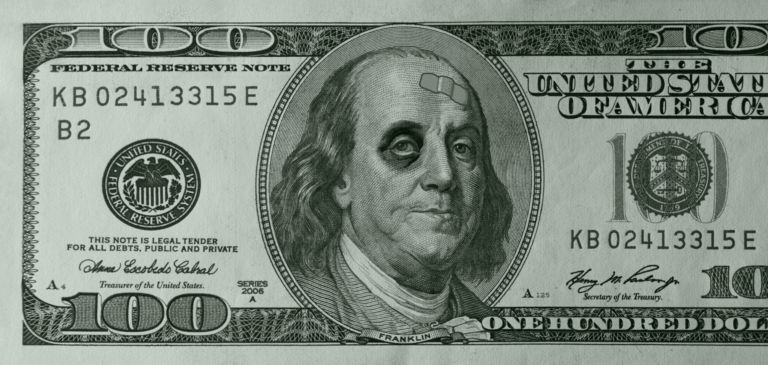Editors at National Review poke holes in President Biden’s gas tax proposal.
President Joe Biden proposes to temporarily suspend collection of the federal gas tax as a palliative for voters irritated and injured by high and rising gasoline prices. This is a bad idea and the wrong policy.
The problem isn’t that there isn’t enough money. The problem is that there isn’t enough gasoline.
The price pressure on gasoline is not coming from retailers. Your local gas station may have the name of a famous oil company on the sign, but chances are this is only a matter of branding: Exxon, for example, does not own Exxon-branded gas stations. The entrepreneurs who operate most of our gas stations and convenience stores usually make little money — and, in some cases, no money — from gasoline sales. They make their money from soda, cigarettes, and lottery tickets, and try to lure customers into their stores with low gasoline prices. In fact, the average profit margin for gasoline sales is a measly 1.4 percent — that low profit margin is why oil companies got out of the gas-station business.
So, don’t blame the guy who owns your local 7-Eleven franchise. The problem is upstream.
There is general inflation across practically all sectors — food, energy, consumer goods — driven by the destructive combination of unusually high government spending around the world (driven in large part by Covid-era emergency spending that has, predictably, outlasted the emergency); reckless monetary policy by the Federal Reserve Board; persistent disruptions in global supply chains, the result of Covid-era production shutdowns; and political factors including Vladimir Putin’s barbarous assault on Ukraine, formerly one of the world’s largest exporters of wheat and food oils.
The United States, currently the world’s largest producer of oil and gas, is well-positioned to endure in such conditions, but there are destructive political factors at play here, too.


